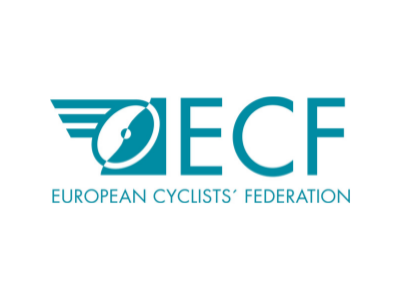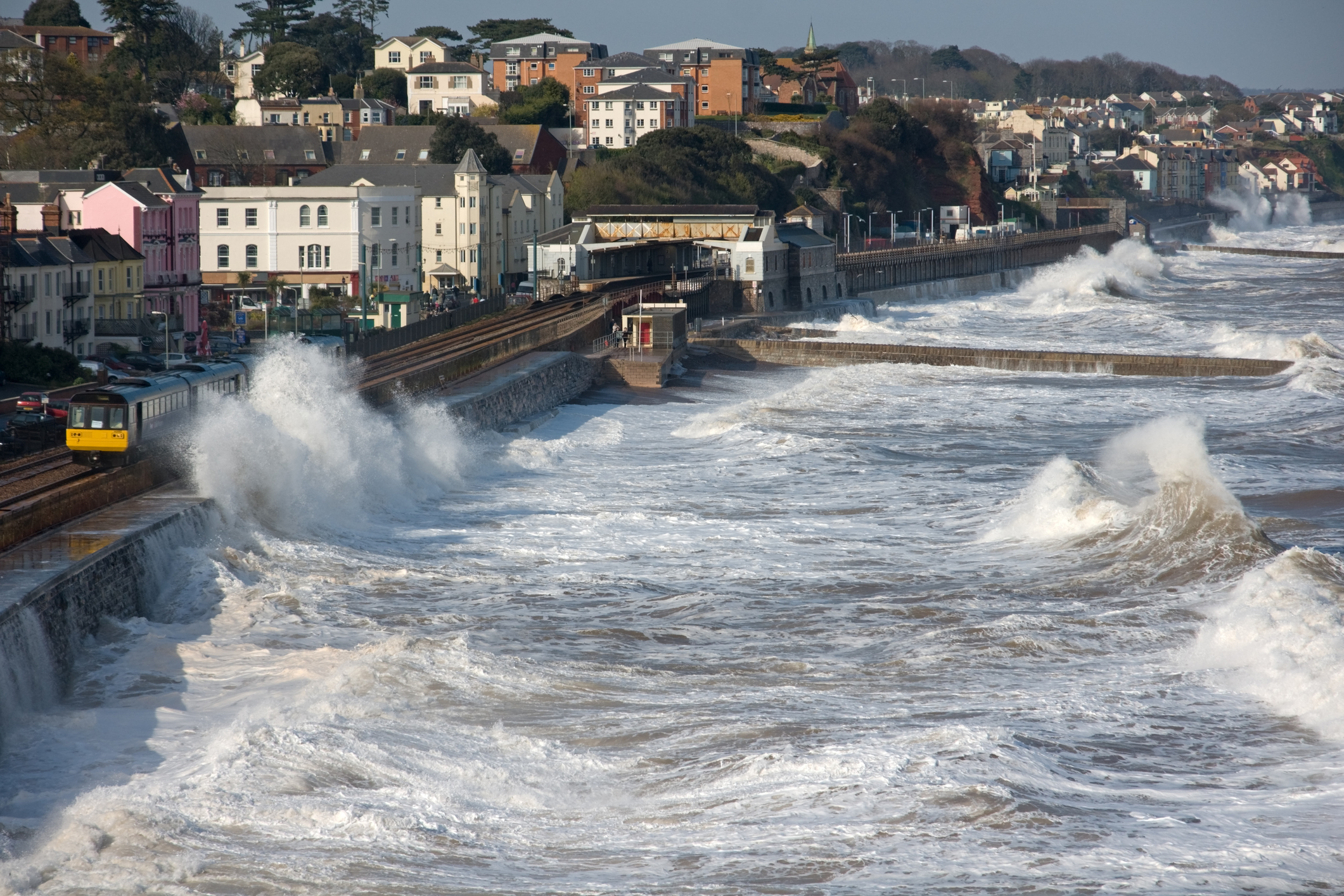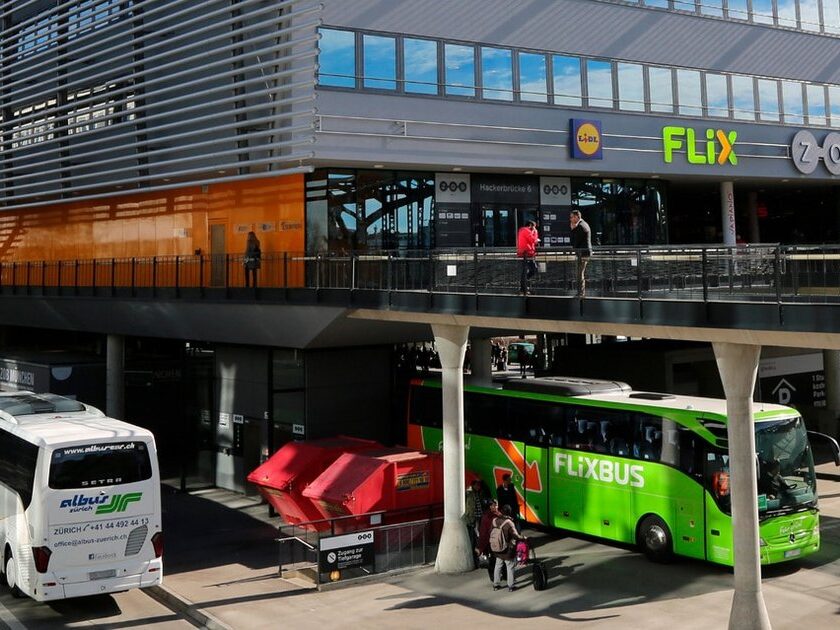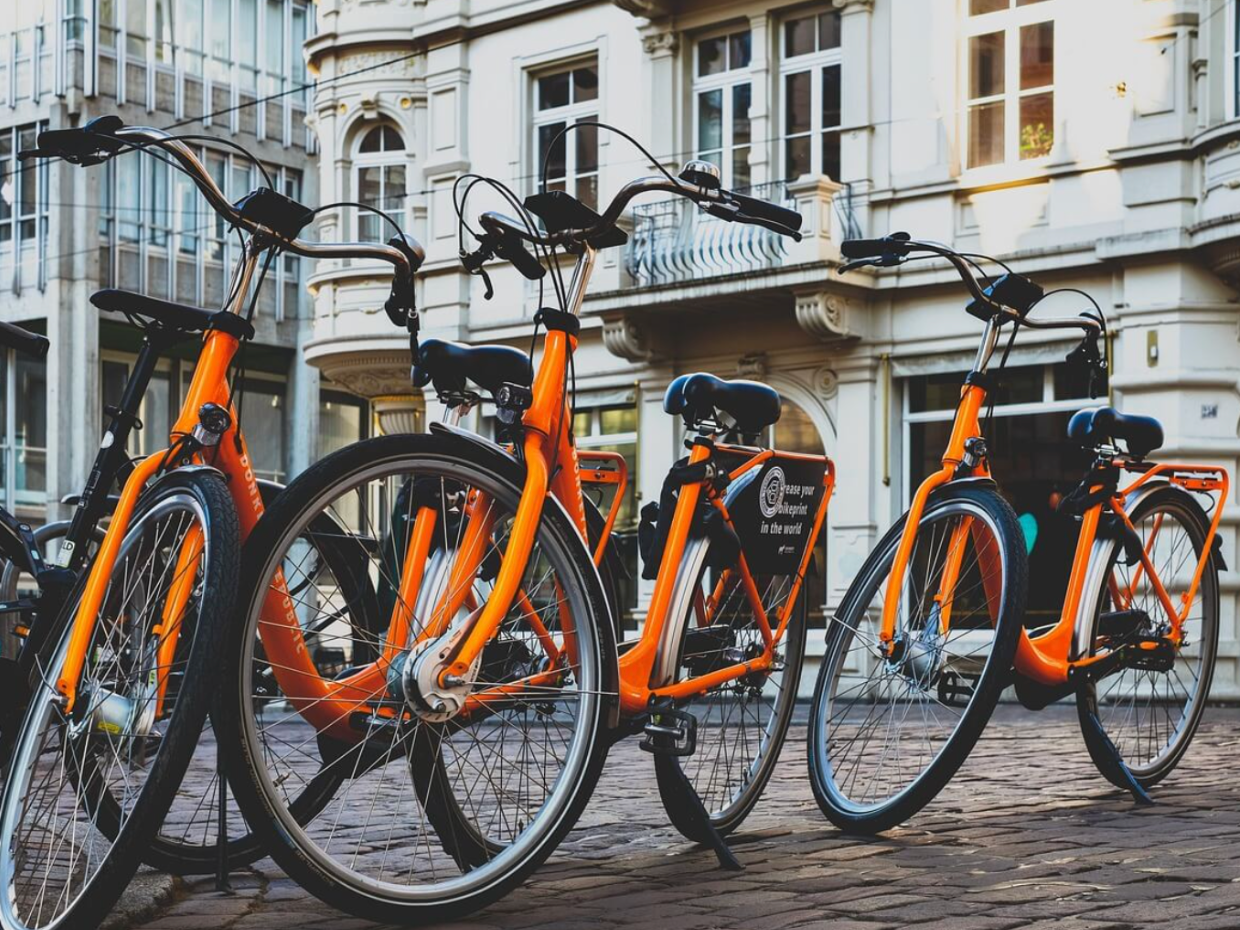Founded in 1983, the European Cyclists’ Federation is a Brussels-based independent non-profit association dedicated to achieving more and better cycling for all in Europe.
We are the single European umbrella organisation for cycling for both transportation and leisure.
With more than 60 member organisations in over 40 countries, we unite the European cycling movements as the only civil society voice at the pan-European level, and as the world’s largest and best-known cyclists’ advocacy organisation.
The vision we share with our members is to improve and increase cycling across the whole of Europe.
European Cyclists’ Federation 2030 Strategy
- More cycling – Cycling levels in Europe should increase by at least 50% compared to 2017 levels. Most of the increase will need to occur in countries and cities where cycling levels are still relatively low, but we also want to see people of all genders, ethnicities, ages and abilities cycling more often.
- Safer cycling – The rate of cyclists killed or seriously injured in road collisions should be reduced by at least 50% compared to 2019. Safer and more comfortable cycling infrastructure is key to achieving this and will also significantly contribute to increasing cycling levels.
- Stronger political support – Cycling should be prioritised by policymakers at all levels across Europe as a sustainable and healthy part of the mobility mix, not only for everyday cycling but also for recreational cycling and sustainable cycling tourism.
- Higher investment – Public investments in safe and comfortable infrastructure and other measures to improve and enable more cycling should increase greatly. EU funding for cycling in the 2021-2027 Multi-annual Financial Framework should increase to at least €6 billion.

















































